Publications
Articles, publications, books, tools and multimedia features from the U.S. Institute of Peace provide the latest news, analysis, research findings, practitioner guides and reports, all related to the conflict zones and issues that are at the center of the Institute’s work to prevent and reduce violent conflict.
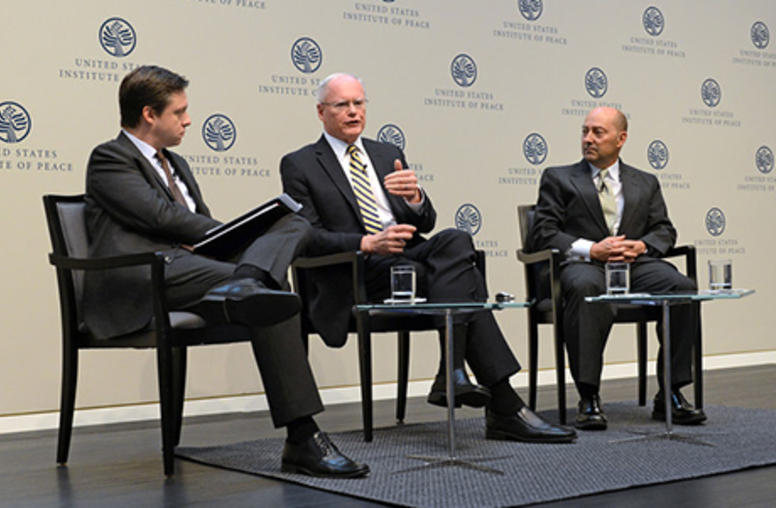
Risk for Diplomats, Aid Workers in Conflict Zones: Setting the Bar
Experienced current and former diplomats, aid officials and military officers made the case at a recent USIP conference that civilian agencies must embrace calculated risk as an essential element of work in the field, and then better communicate those decisions to Congress and the American people.
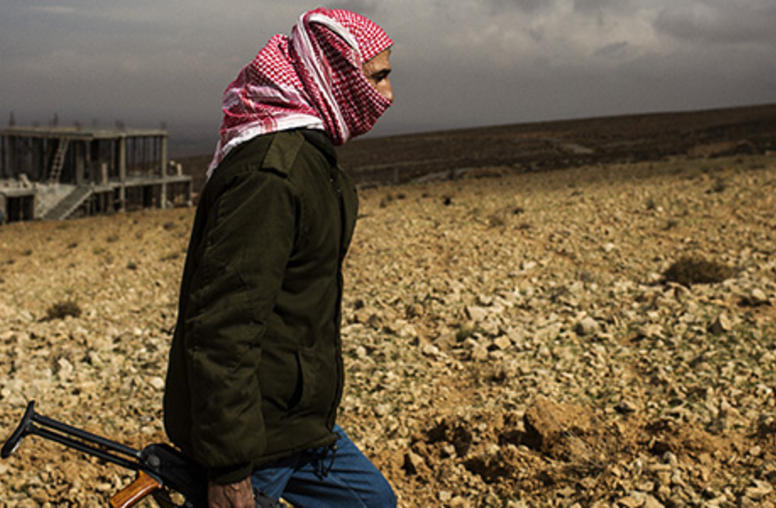
Islamic State and Related Attacks in Lebanon Demand Comprehensive Response
Attacks by militants in Lebanon backed by an Al-Qaida affiliate and the Islamic State have highlighted again the vulnerability of the country's armed forces to terrorist threats and the political establishment's failure to reach agreement on a military strategy to confront terrorism. The solution will require much more than addressing the shortcomings of the military. Political leaders must address the underlying factors that contribute to the ability of extremists to make inroads and recruit on Lebanese soil.
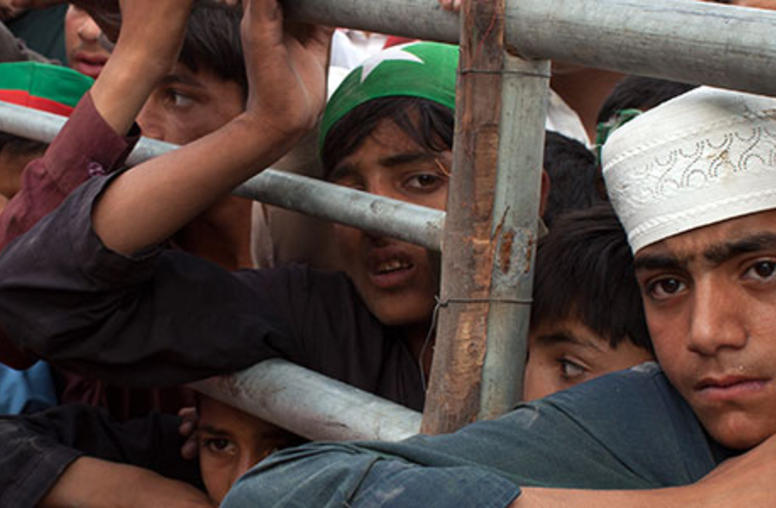
Why do so many efforts to stop young people from joining extremist groups fail?
In early 2010, I visited the Swat Valley in Pakistan’s mountainous north, shortly after the Pakistani army retook control of the district from Taliban fighters. I went to try to understand why Maulana Fazlullah — now head of the Pakistani Taliban — had attracted such widespread support among the region’s youth.
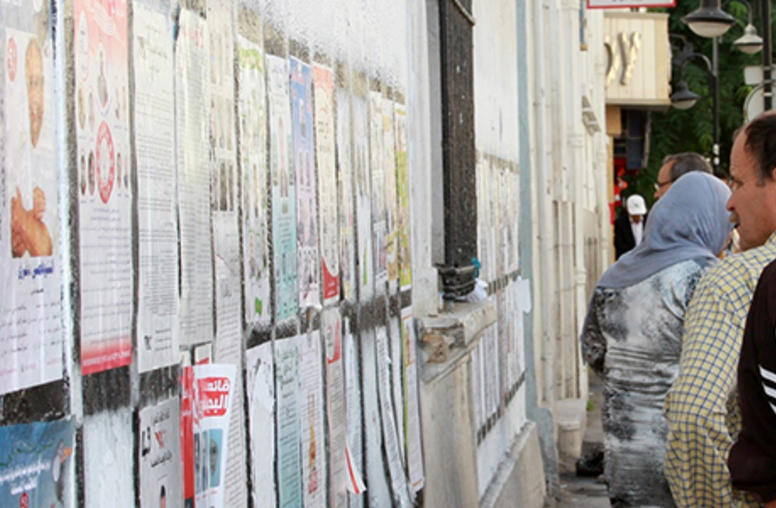
Q&A: Tunisia’s Upcoming Elections
Tunisia’s prospects for retaining its title as the only transition of the Arab Spring that hasn’t failed or collapsed into violence faces further tests this month and next, with important parliamentary elections scheduled for Oct. 26 and a presidential election on Nov. 23. USIP Acting President William B. Taylor, a former special coordinator for Middle East transitions in the State Department, considers what’s at stake.
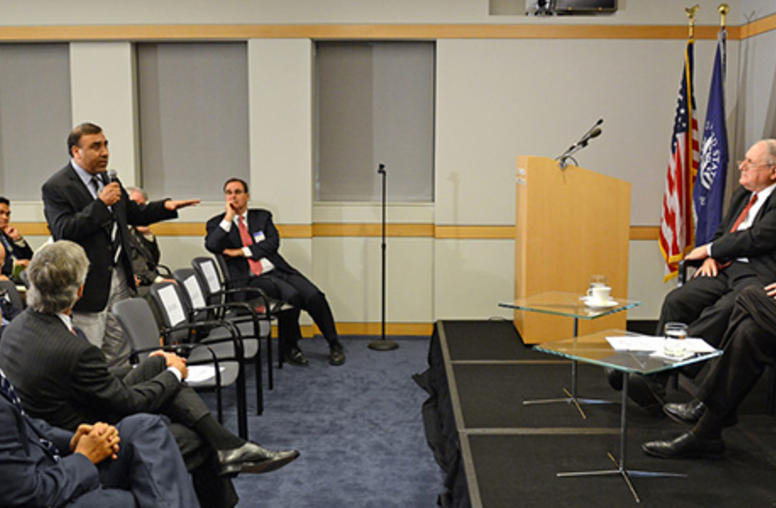
Senator Levin Says U.S.-Afghan Ties Require Better-Informed American Public
Congressional support to continue aiding Afghanistan over the long term will require a better understanding by the American public of the progress made despite well-publicized setbacks, Senate Armed Services Committee Chairman Carl Levin told an audience at the U.S. Institute of Peace.
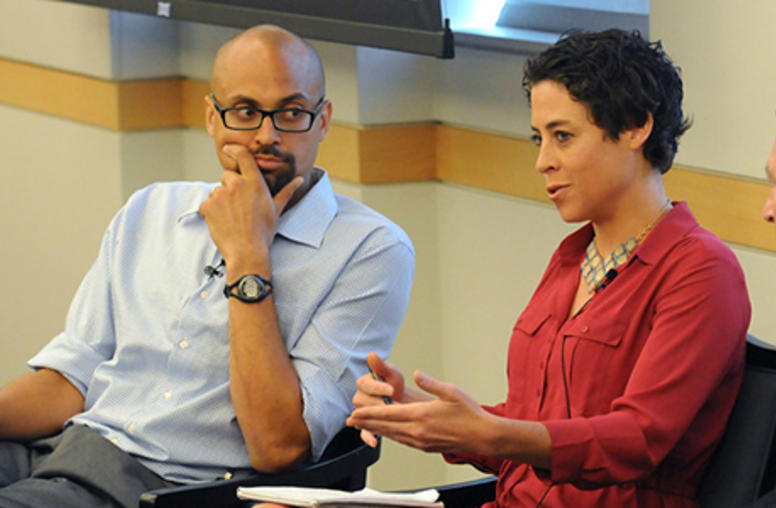
Music Plays Crucial Role in Non-Violent Civic Movements
In Libya’s 2011 uprising, protesters pumped loud music from radios or CD players in the streets in front of government buildings, then fled from the inevitable rush of security forces. The nonviolent early days of Egypt’s revolution that same year spawned a raft of new independent music groups. In Turkey, the “Song of Pots and Pans” exhorts political leaders to stop their lies and repressive tactics.
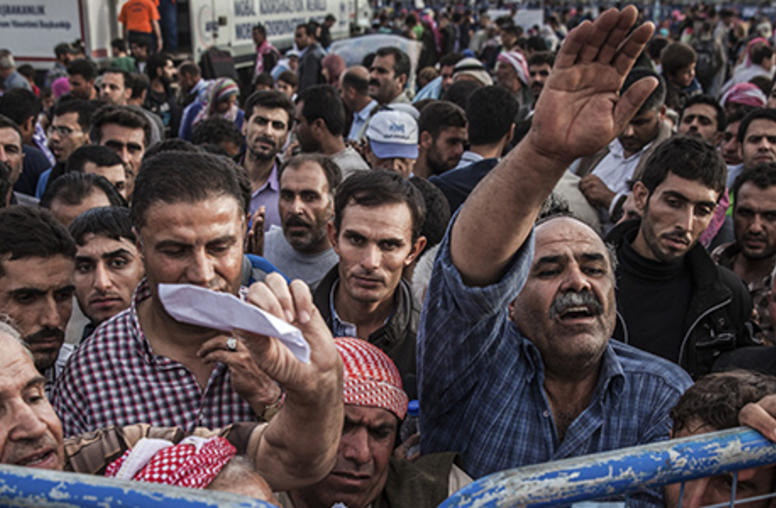
Wanted: A Coalition to Defeat the Islamic State and Assad
Halting the violent fracturing of the Middle East requires the U.S. and regional states to stop talking past each other.
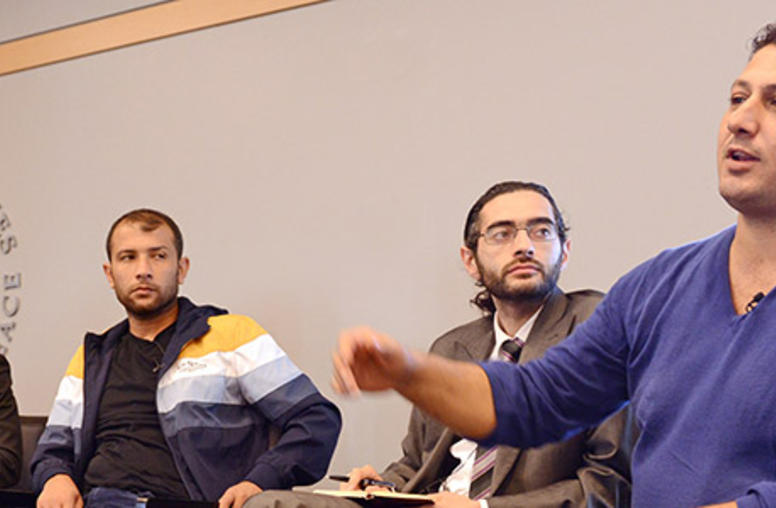
Meet Syria’s Rescue Workers: When War Becomes 'Daily Life'
Update Aug. 15, 2016: Rescue worker Khaled Harah, who spoke at USIP in this 2014 discussion, died in the kind of airstrike he and others knew too well. See news report here. The day started with seven hours of digging through rubble to free three families from a building hit by a barrel bomb. Just as the workers thought they were finished, a frantic mother rushed up to them, crying and pleading to please help find her missing baby too, a child just 10 days old. The resulting 16-hour day of painstakingly clearing pieces of collapsed ceilings and walls typifies the daily routine for a group of Syrian rescue workers who told their stories at USIP recently.
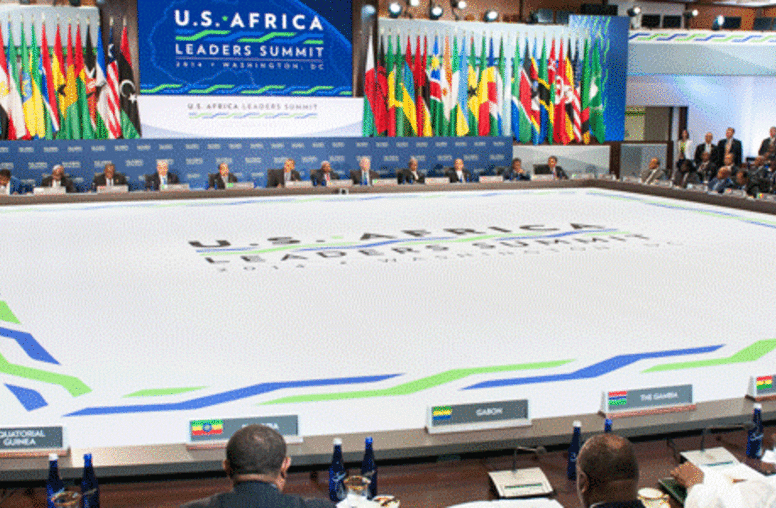
U.S.-Africa Leaders Summit: What Did It Achieve?
Two months after the White House invited 50 heads of state to Washington for the first U.S.-Africa Leaders Summit on Aug. 4-6, observers on both continents are asking, “What did the summit achieve, and how will any gains made be leveraged?” USIP asked several prominent Africans who have worked with the Institute over the years for their reflections.

How the Hong Kong Protesters Can Win
Over a century's worth of data shows that the Umbrella Revolution needs business, satire, and a whole lot of patience.